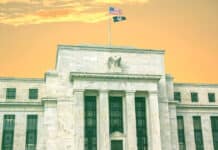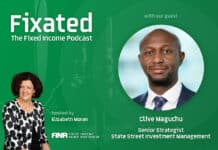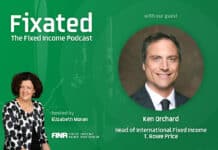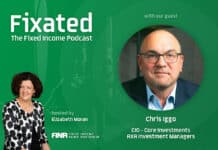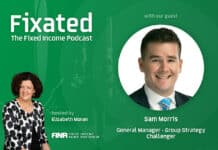
Ken Orchard, Head of International Fixed Income and Portfolio Manager for Diversified
Income Bond Strategy, T.Rowe Price shares his outlook for the US economy and the Fed’s policy direction:
I would characterize what we’ve seen so far this year as more of a pause in U.S.
exceptionalism than the end of it, at least in the last few months. Although we have
observed some narrowing in growth rates recently, it is likely to diverge again at some
point next year. As these growth differences reemerge, we can expect to witness more
monetary policy divergence between the U.S. and other major developed markets, such
as Europe and the UK. For instance, the European Central Bank has been more willing
to take risks with cutting rates, despite relatively high inflation.
The most significant divergences in monetary policies are likely to occur between the
U.S. and regions like Asia. The Bank of Japan, for example, has already started hiking
rates and is expected to continue doing so for the next year, or possibly even longer.
When considering the implications for rates markets, it is important to differentiate what
is priced in versus what will happen. Many cuts have already been priced in for Europe,
the U.S., and other developed markets. Our viewpoint differs from the consensus in that
we believe inflation will not decrease sufficiently to enable central banks to cut rates next
year. The Fed may only be able to cut one to two times this year. Inflation tends to be
relatively persistent, and there is a possibility that we might even witness higher rates
and yields in the future. Consequently, we have kept our overall duration lower to
minimize interest rate risk.
Also read: Australian ETF Assets Soar Through $200bn
I think the biggest economic concern would be that growth accelerates too quickly and
central banks are forced to respond. Investors may even need to seriously think about
rate hike. This could pose a challenge for the markets. In additional, the volatility has
been low and the market has been sanguine. However, unexpected events could trigger
volatility and I think investors need to be prepared for that by managing their exposure
on riskier fixed income assets flexibly.










